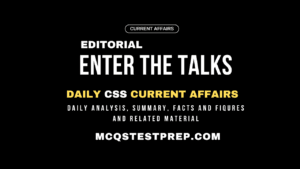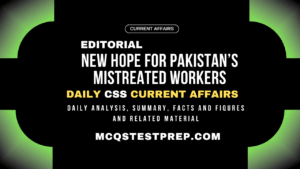Military Convictions: Upholding Justice and Discipline within Armed Forces
Military convictions form the backbone of discipline and accountability in armed forces worldwide. Rooted in the principles of justice and fairness, these convictions serve as mechanisms to ensure compliance with military codes of conduct, safeguarding operational integrity and ethical standards. Cases of misconduct, ranging from insubordination to war crimes, are meticulously addressed through military courts, upholding the rule of law even in times of war.
The process involves strict investigations, trials, and sentencing, often guided by unique laws such as the Uniform Code of Military Justice (UCMJ) in the United States. Notable cases highlight the dual objectives of military convictions: maintaining order within ranks and protecting the human rights of those affected by military actions. Beyond punitive measures, these convictions send a powerful message about accountability, reinforcing the armed forces’ commitment to justice on and off the battlefield.
In recent years, international bodies like the International Criminal Court (ICC) have expanded their jurisdiction over military personnel involved in crimes against humanity. This collaboration underscores a global consensus: military power must align with legal and ethical norms. Convictions in high-profile cases, such as those involving crimes in Iraq and Afghanistan, illustrate the challenges and necessity of enforcing justice in complex operational environments.
Overview:
This article explores the role of military convictions in maintaining discipline, deterring misconduct, and ensuring justice in armed forces. It delves into the significance of military law, international accountability mechanisms, and recent examples that highlight the evolving nature of military jurisprudence.
NOTES:
Military convictions are pivotal in upholding the principles of justice and ethical conduct in armed forces. They balance internal discipline with accountability to international laws, emphasizing their role in fostering trust within the military and with the public. The evolving legal landscape, influenced by global agreements and human rights advocacy, reflects a commitment to ensuring that military operations remain within the bounds of justice.
Related CSS Syllabus Topics:
- International Relations: Accountability in armed conflicts and international law.
- Current Affairs: War crimes, justice, and military ethics.
- Political Science: The intersection of law, ethics, and military discipline.
Notes for Beginners:
Military convictions are legal judgments passed against armed forces personnel for violations of military laws. These can include crimes such as desertion, insubordination, or war crimes. The legal process ensures fairness while maintaining discipline and order in military operations. International courts like the ICC often step in for cases involving severe crimes, such as genocide or crimes against humanity. Such convictions are vital to maintaining the credibility and moral authority of armed forces globally.
Facts and Figures:
- War Crimes Trials: Over 30 convictions by the ICC since its establishment in 2002.
- Military Justice Systems: 140+ countries have distinct military legal frameworks.
- Notable Convictions: The court-martial of Lt. William Calley for the My Lai Massacre (Vietnam War).
- Global Consensus: 123 countries recognize the jurisdiction of the ICC.
To wrap up:
Military convictions are an essential component of modern armed forces, ensuring that justice prevails even in the most complex environments. By addressing misconduct and upholding ethical standards, these legal processes contribute to maintaining order, credibility, and trust in military institutions.
Difficult Words and Meanings:
| Words | Meaning | Synonyms | Antonyms |
|---|---|---|---|
| Jurisprudence | The theory or philosophy of law | Legal system | Lawlessness |
| Accountability | Responsibility for actions | Responsibility | Irresponsibility |
| Insubordination | Refusal to obey orders | Disobedience | Obedience |
| Credibility | Quality of being trusted and believed | Trustworthiness | Unreliability |
| Ethics | Moral principles governing behavior | Morality | Immorality |



